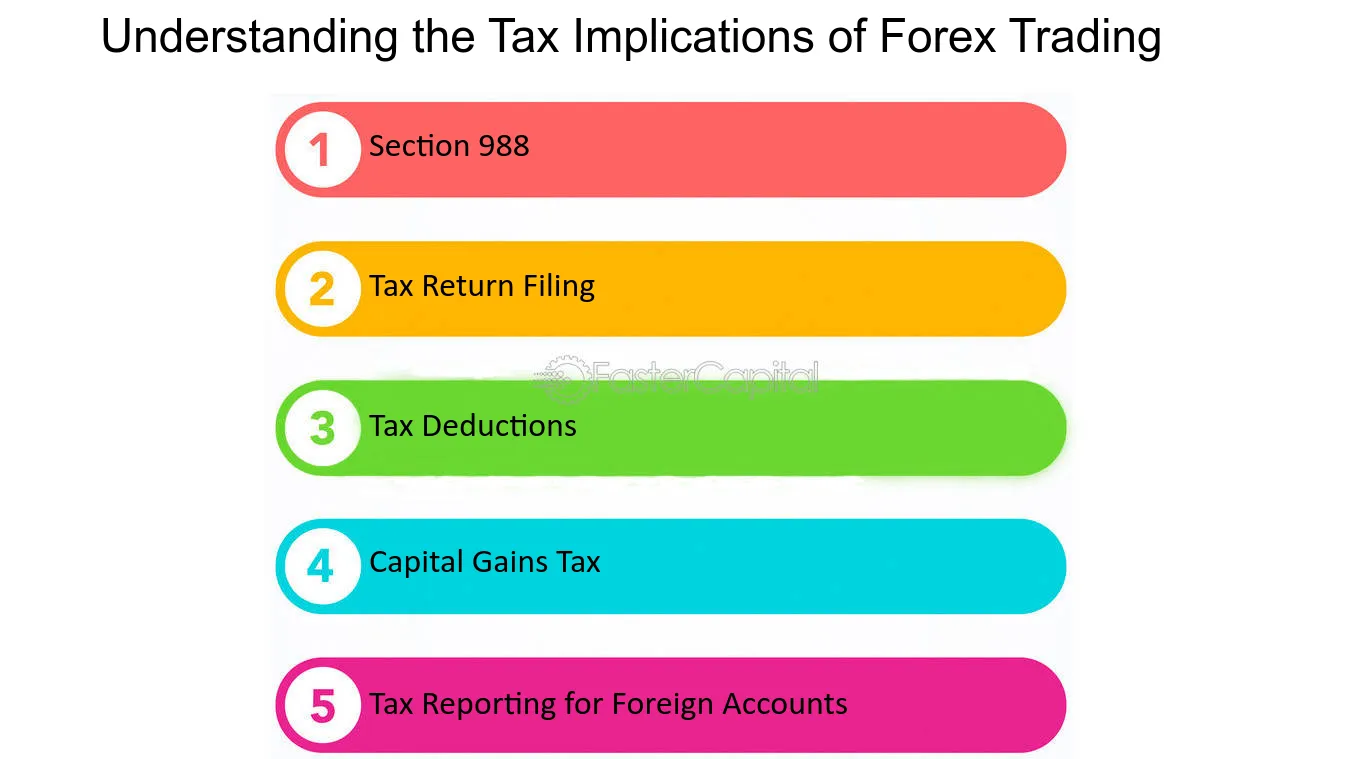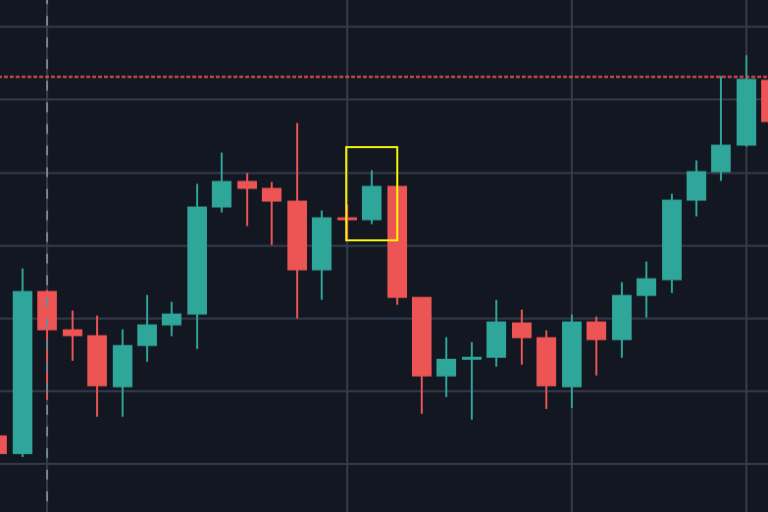
Cryptocurrency trading has gained tremendous popularity in recent years, with individuals and institutions alike entering the market in search of profits. However, alongside the potential financial rewards, cryptocurrency traders must also navigate a complex and often evolving landscape of tax regulations. Depending on where you live, governments may treat cryptocurrency trades differently for tax purposes. As a result, it is crucial for traders to understand local regulations and the tax implications that come with cryptocurrency transactions to avoid penalties or legal issues.
In this article, we’ll explore how different countries regulate cryptocurrency trading from a tax perspective, the common tax implications for traders, and best practices to ensure you stay compliant.
What is Cryptocurrency Taxation?
Cryptocurrency taxation refers to the way governments apply tax laws to transactions involving digital currencies like Bitcoin, Ethereum, and others. This includes trading, buying, selling, and even using cryptocurrencies as a form of payment. Tax authorities typically view cryptocurrency as property or a form of investment, which means that transactions involving cryptocurrencies are often subject to capital gains tax, income tax, or both, depending on the country and the nature of the transaction.
Common Cryptocurrency Taxation Models
Different countries have adopted various models for taxing cryptocurrency trades, but there are three primary approaches:
- Capital Gains Tax: In most countries, cryptocurrencies are treated as property or assets, and trades are subject to capital gains tax. This means that when you sell or trade cryptocurrencies, the profit or loss from the sale must be reported and taxed. The tax rate may vary depending on how long you’ve held the asset (short-term vs. long-term capital gains).
- Income Tax: In some cases, cryptocurrency gains can be considered taxable income. This is common when you receive cryptocurrencies as payment for goods or services, through mining activities, or as staking rewards. Income from cryptocurrencies is typically taxed at your regular income tax rate.
- Value-Added Tax (VAT): In some jurisdictions, cryptocurrency transactions could be subject to VAT or sales tax when used for purchasing goods or services. However, this is less common, and many governments have ruled that cryptocurrencies should be exempt from VAT, viewing them as a currency or financial instrument.
How Cryptocurrency Taxation Works
The way cryptocurrency taxation is applied can differ significantly depending on the type of transaction. Below are several common scenarios and how they are typically taxed.
1. Buying and Holding Cryptocurrencies
In most jurisdictions, simply buying and holding cryptocurrencies is not a taxable event. Taxes are only triggered when you sell, trade, or otherwise dispose of the asset. If you hold the cryptocurrency for an extended period before selling, you may benefit from lower long-term capital gains tax rates (depending on the country).
2. Trading Cryptocurrencies
Each time you sell or trade one cryptocurrency for another (even if you never convert it back to fiat), you trigger a taxable event. The tax is calculated based on the difference between the value at the time of acquisition (the cost basis) and the value at the time of sale. For instance, if you bought Bitcoin for $10,000 and later sold it for $15,000, you would owe tax on the $5,000 gain.
3. Mining and Staking Rewards
Earnings from mining or staking are usually considered taxable income. The value of the cryptocurrency at the time you receive it is what’s used to calculate the tax liability. For example, if you mine 1 ETH when the price is $1,800, you would report $1,800 as taxable income. When you later sell or trade the mined ETH, you would be liable for capital gains tax on any additional increase in value.
4. Airdrops and Forks
Airdropped coins (cryptocurrency distributed for free) and hard forks (where a new cryptocurrency is created from an existing blockchain) are also generally considered taxable events. The value of the airdropped or forked coins at the time they are received must be reported as income. Any subsequent sale or trade of those coins will be subject to capital gains tax.
5. Using Cryptocurrency for Purchases
If you use cryptocurrency to purchase goods or services, you are essentially disposing of the asset, and the difference between the value at the time of acquisition and the value at the time of the transaction is considered a taxable gain or loss. For example, if you bought 1 BTC for $30,000 and later used it to purchase a car worth $40,000, you would owe taxes on the $10,000 gain.
Cryptocurrency Taxation Around the World
Cryptocurrency taxation varies significantly from country to country. Some governments have issued clear guidance, while others are still in the process of developing their regulations. Below are examples of how major jurisdictions handle cryptocurrency taxation:
1. United States
In the U.S., the IRS treats cryptocurrency as property. This means that every time you sell, trade, or use cryptocurrency, you must report the transaction and pay capital gains tax. Short-term gains (for assets held less than a year) are taxed at regular income tax rates, while long-term gains (for assets held over a year) are taxed at lower capital gains rates. Mining and staking rewards are considered taxable income, and airdrops or forks must be reported as well.
2. United Kingdom
HMRC (Her Majesty’s Revenue and Customs) in the UK also treats cryptocurrencies as property for tax purposes. Capital gains tax applies to most crypto transactions, but individuals have a tax-free capital gains allowance of £12,300 per year (as of 2023). Mining and staking rewards are taxable as income, and using crypto to purchase goods or services is considered a disposal event, triggering capital gains tax.
3. Canada
The Canada Revenue Agency (CRA) treats cryptocurrency as a commodity. When you dispose of cryptocurrencies, half of the capital gain is taxable. For crypto used in a business or received as payment for goods and services, the value at the time of receipt is treated as taxable income. Crypto mining is treated similarly to business income, and any subsequent disposal is taxed as capital gains.
4. Germany
Germany offers favorable tax treatment for cryptocurrency traders. Private individuals do not pay tax on capital gains from crypto holdings if they have held the assets for over a year. For assets held less than a year, gains over €600 are subject to income tax. Mining and staking rewards are taxable as income.
5. Australia
The Australian Taxation Office (ATO) treats cryptocurrency as property. Individuals must pay capital gains tax on disposals, while businesses that accept cryptocurrencies must report it as taxable income. Mining is taxed as ordinary income, and any subsequent sale is subject to capital gains tax.
Recordkeeping and Reporting Requirements
To stay compliant with cryptocurrency tax regulations, it is important to maintain detailed records of all your cryptocurrency transactions. These records should include:
- The date and time of each transaction.
- The amount of cryptocurrency involved.
- The value of the cryptocurrency in local currency at the time of the transaction.
- The purpose of the transaction (buying, selling, trading, etc.).
- The counterparties involved (if applicable).
Many cryptocurrency exchanges provide transaction histories, but you may need to supplement these records with additional information if you use multiple exchanges or wallets. Tax preparation software, like CoinTracking or Koinly, can help automate the process of calculating capital gains and losses.
Best Practices for Cryptocurrency Tax Compliance
- Stay Informed: Cryptocurrency tax laws are evolving, and it’s important to stay up-to-date with the latest regulations in your country. Check for updates from tax authorities and consult a tax professional if needed.
- Use Tax Software: Crypto tax software can save you time and reduce errors when preparing your tax returns. These platforms can help you track your transactions and automatically generate tax reports.
- Keep Detailed Records: Accurate recordkeeping is essential to avoid penalties or audits. Make sure to document all transactions and keep receipts, especially for large trades or purchases.
- Consult a Professional: Given the complexity of cryptocurrency taxation, it’s often a good idea to consult a tax advisor who is experienced with cryptocurrency. They can help ensure you’re compliant and can minimize your tax liability.
Conclusion
Understanding cryptocurrency taxation is crucial for traders to avoid legal complications and penalties. Each country treats cryptocurrency differently, with most jurisdictions viewing it as property and applying capital gains tax to trades. It’s important to stay informed about local regulations, keep detailed records, and use tax software or consult professionals to simplify the process.
By following these steps, traders can confidently navigate the evolving world of cryptocurrency taxation and stay on the right side of the law.









